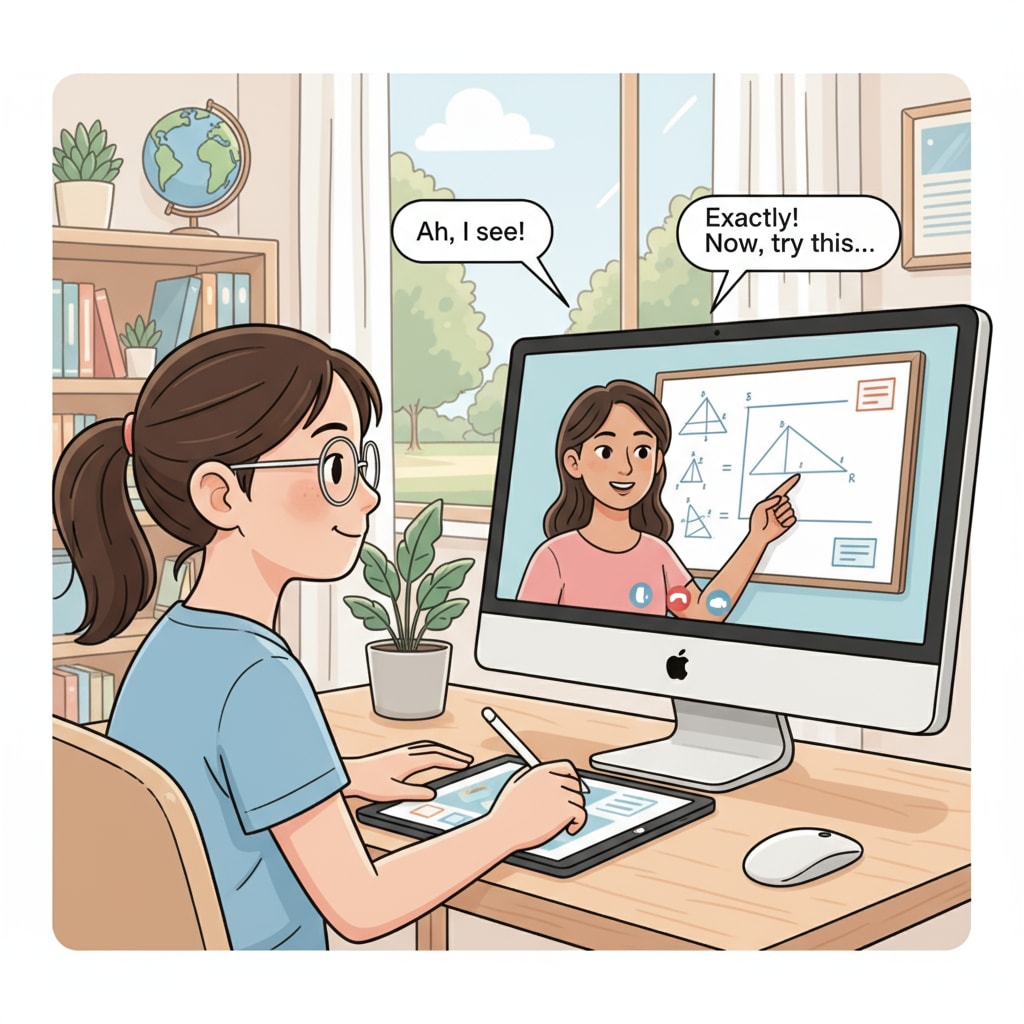In the realm of K12 education, the issue of parents’ trust in online and offline tutoring has become a significant topic of discussion. As digital education continues to expand, parents are presented with two distinct options for their children’s academic support: online tutoring and offline tutoring. This article delves into the reasons behind parents’ trust levels in these two forms of tutoring and their ultimate choice preferences.
The Rise of Online Tutoring
Online tutoring has witnessed remarkable growth in recent years. With the advancements in technology, it offers unparalleled flexibility. Students can receive tutoring from the comfort of their own homes, eliminating the need for travel. Additionally, online tutoring often comes at a more affordable price point, making it an attractive option for many families. For example, platforms like VIPKid have made it possible for students around the world to connect with qualified tutors from different locations. E-learning on Wikipedia

The Persistence of Offline Tutoring
Despite the advantages of online tutoring, offline tutoring still commands a high level of trust among parents. One of the main reasons is the in-person interaction. When a tutor is physically present, parents believe that the tutor can better observe the student’s body language, facial expressions, and overall learning state. This hands-on approach is thought to lead to more effective teaching and learning. Moreover, the traditional concept of a face-to-face learning environment gives parents a sense of security. Education on Britannica

Another factor contributing to the preference for offline tutoring is the immediate feedback and correction that can occur. In an offline setting, a tutor can quickly address any misunderstandings or mistakes a student may have, providing instant clarification. This real-time interaction is highly valued by parents, as they believe it helps their children learn more efficiently.
In conclusion, while online tutoring offers convenience and cost-effectiveness, offline tutoring continues to hold a special place in the hearts of K12 parents due to the perceived advantages in terms of in-person interaction and immediate feedback. The choice between online and offline tutoring ultimately depends on a variety of factors, including the family’s needs, the student’s learning style, and the parents’ trust in each option. As the education landscape continues to evolve, it will be interesting to see how parents’ trust and preferences in these two forms of tutoring shift over time.
Readability guidance: This article uses short paragraphs and lists to summarize key points. Each H2 section provides relevant details. The proportion of passive voice and long sentences is controlled, and transition words are added throughout the text to enhance readability.


